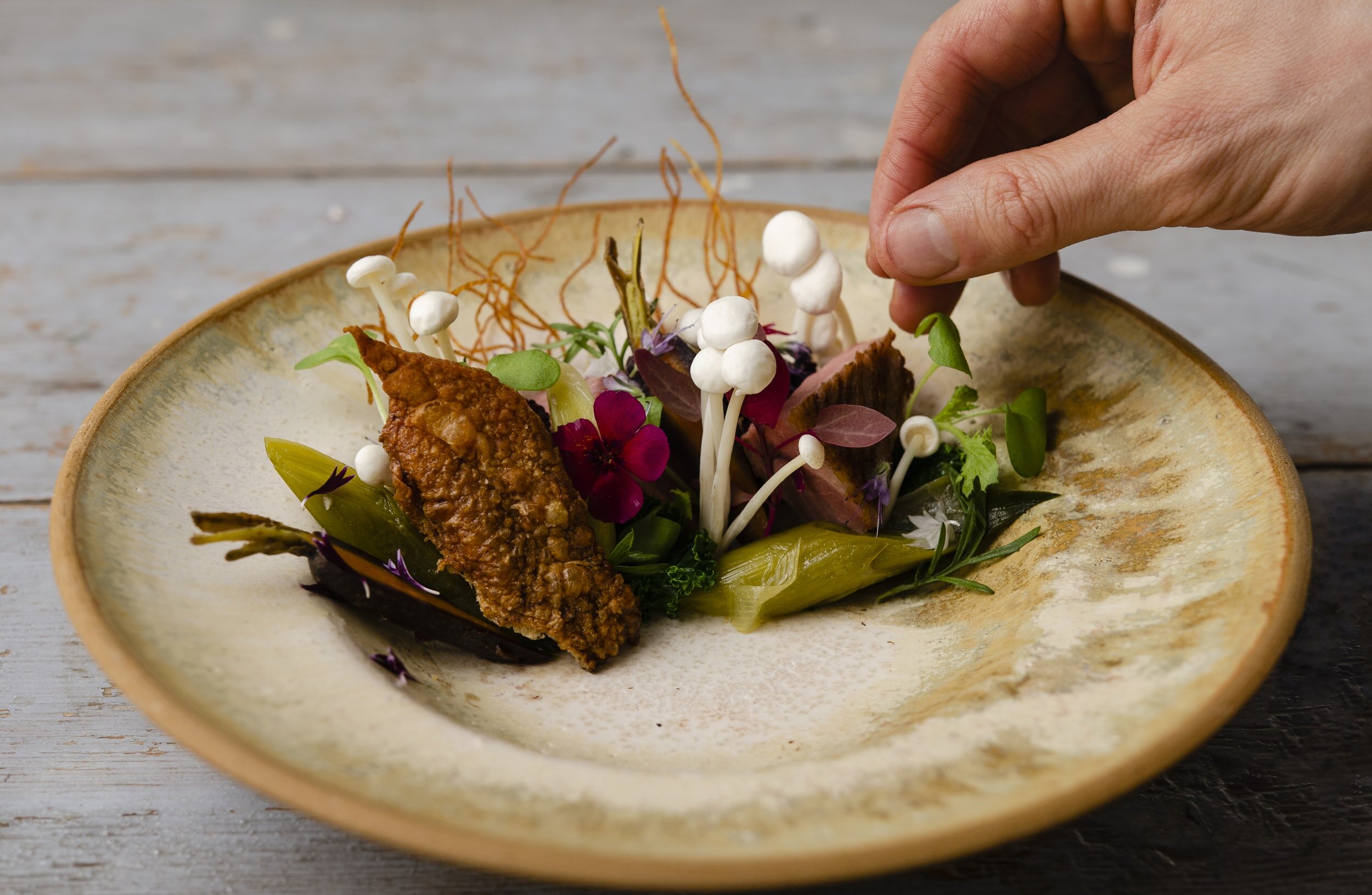Sustainable Gastronomy: Redefining our rules of the table
Happy Sustainable Gastronomy Day!
In 2016, the UN marked June 18th as the international day of observance for sustainable gastronomy. According to the UN sustainable gastronomy "means cuisine that takes into account where the ingredients are from, how the food is grown and how it gets to our markets and eventually to our plates." At only 5 years old, this concept is relatively new to the platform of the international community. However, sustainable gastronomy is a concept that our ancestors, you, and I have a familiar, deeply personal relationship with.
To understand sustainable gastronomy, we must understand what these two important concepts mean on their own. Gastronomy "is the study of the relationship between food and culture, the art of preparing and serving rich or delicate and appetizing food, the cooking styles of particular regions, and the science of good eating."
With it's basis in French cuisine and culture, gastronomy and its history often caters to the elite or dominant cultures of the time. Early scholars of gastronomy focused on establishing rules of 'good and bad' culinary style and fostered a competitive culture where western ideas of good cuisine became standard. What began as a simple concept transformed into one that seemed widely inaccessible to many people around the world.
However, gastronomy is simply the 'art of the table' and reflects how 'human nutrition interfaces with the broader culture.' The art of the table can be seen everywhere. From your grandmother's kitchen to the busy side streets of your neighborhood, everyone on this planet shares a common love for good cooking.
So, why is sustainable gastronomy so important? Sustainable gastronomy democratizes the relationship between food and culture. It is a concept where every culture, socioeconomic status, and ecosystem is considered to be a vital part to the understanding and health of our global food system. It erases traditional binaries of 'good and bad' and invites in a mindset that embraces acceptance and collective action.
For centuries, humans have had deeply connected relationships with the Earth. However, the rapid industrialization of cultures around the world has strained this relationship. There has been a cultural shift that has replaced environmental connection with consumption. And most importantly, we lack the ecological literacy and appreciation of our ancestors which has taken a devastating toll on the health of our planet.
This devastation is most apparent in our food system. According to the UN, nearly 1/2 of fruits and vegetables produced globally are wasted every year. Indigenous communities who have preserved the agricultural knowledge that is essential for a healthy food system have become one of the most marginalized populations of societies around the world. These challenges do not have a simple solution, but sustainable gastronomy offers a shift in our global consciousness that is essential to the preservation of our planet and its people.
In our fight against climate change, we are hoping to preserve the biodiversity of the planet. However, this biodiversity is what has shaped the diversity of cultures and their food sources around the world. Every culture has their own rules of the table to define how they interact with the global food system, and by default, the Earth. Each ecosystem has its own conditions that shape the cultures that inhabit them.
Sustainable gastronomy reminds us that food, culture, and the environment cannot be separated. We must understand how each part affects the other to preserve both ecological and cultural diversity.
Today is a reminder that with environmental change comes cultural and food systems change. Warming waters have reduced sea ice hunting grounds for Native Alaskans and rising sea levels threaten essential rice paddies in Vietnam. People around the world are being pressured to adapt to the changing land their food cultures have always depended on.
While sustainable gastronomy, by its nature, is a concept that is meant to evolve, it’s also a concept that teaches us how to restore. As our environments change, our cultures and food system change with it. Sustainable gastronomy also helps us understand that we can create solutions that consider food, culture, and the Earth to preserve the people and landscapes we still have.
That means localizing our food systems to rebuild our appreciation for the land around us. It means replacing food waste with food security to ensure that every person has the right to a nutritious diet. It is adopting the understanding that without biodiverse ecosystems, cultural diversity struggles to exist.
Sustainable gastronomy cannot create change over night. There are international and regional institutions that must be held accountable for their impact on the Earth and our cultures. However, that change starts with a shift in our consciousness. Once we see how our relationships to the table impact our relationships with the Earth, we can start making daily decisions that inspire the people around us.
Challenge your rules of the table. Maybe you take today as an opportunity to learn about the fruits and vegetables that are local to your region and culture. Or, you could start a compost bin that creates accountability for your food waste. There is life and culture to be preserved all around us. And no matter how small the action may be, it brings us all one step closer to a global food system that ensures all humans and ecosystems are healthy for generations to come.
Do you have a story to tell or a topic to unpack? Submit an article to the SGM Blog! Interested writers please reach out to maya@socialgastronomy.org


